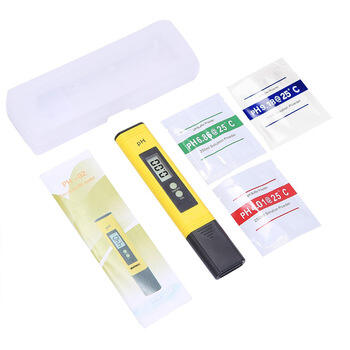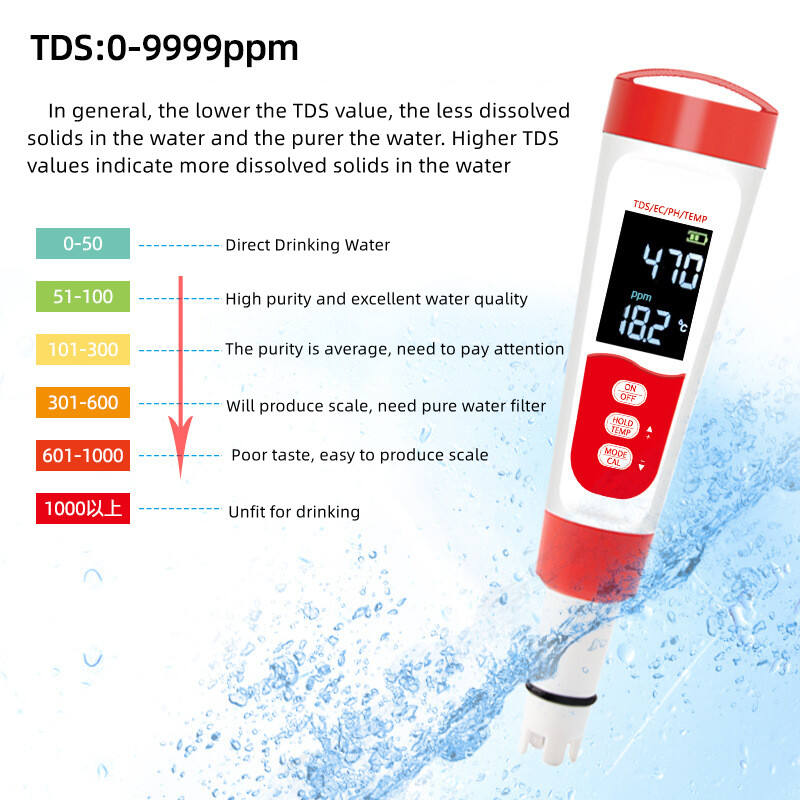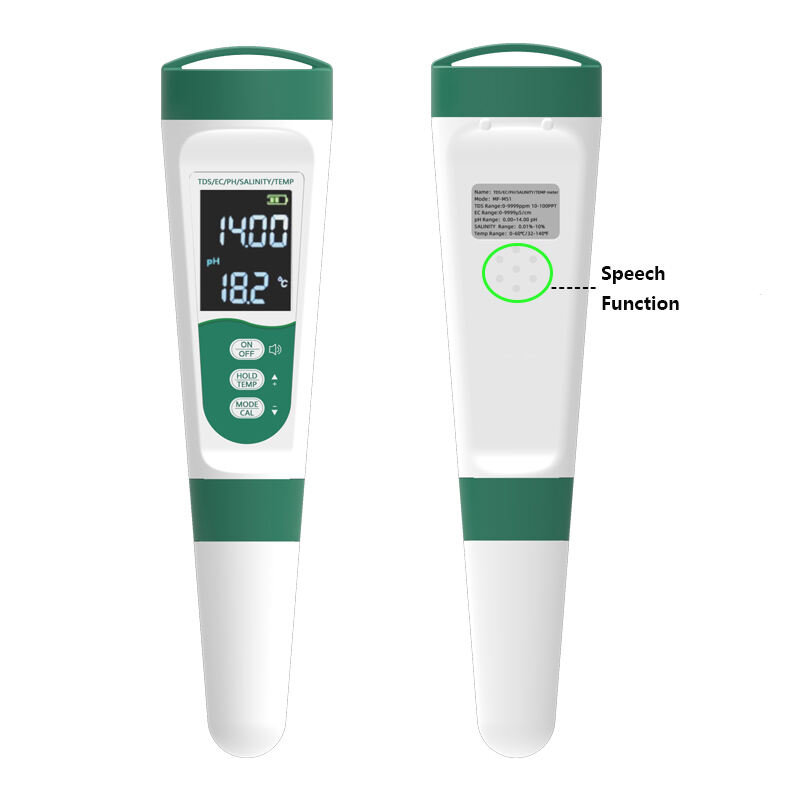тест за влажност на почвата
Тестът за влажността на почвата е фундаментална геотехническа лабораторна процедура, която определя количеството вода, присъстващо в проба от почва, изразено като процент от сухата маса на почвата. Този ключов тест предоставя критични данни за строителни проекти, селскостопански приложения и екологични оценки. Процедурата включва тегленето на проба от почва преди и след като я насуши във фурна при контролирана температура от 105-110°C в продължение на 24 часа. Разликата в масата представлява съдържанието на вода, което директно влияе на поведението, силата и стабилността на почвата. Модерните устройства за тестуване на влажност често разполагат с цифрови прецизни весове, температурно контролирани фурни с автоматично изключване и възможности за записване на данни за точна документация. Резултатите от теста помагат на инженерите и специалистите да вземат обосновани решения относно пригодността на почвата за различни приложения, включително проектиране на фундаменти, строителство на пътища и селскостопански планове. Прогресивните методи за тестуване могат да включват микроволново насъхване или методи с карбид калциев за бързи резултати, особено полезни в проектите с времеви ограничения. Точността и надеждността на определянето на влажността правят този тест незаменим инструмент за контрол на качеството и съответствие със строителните спецификации.


